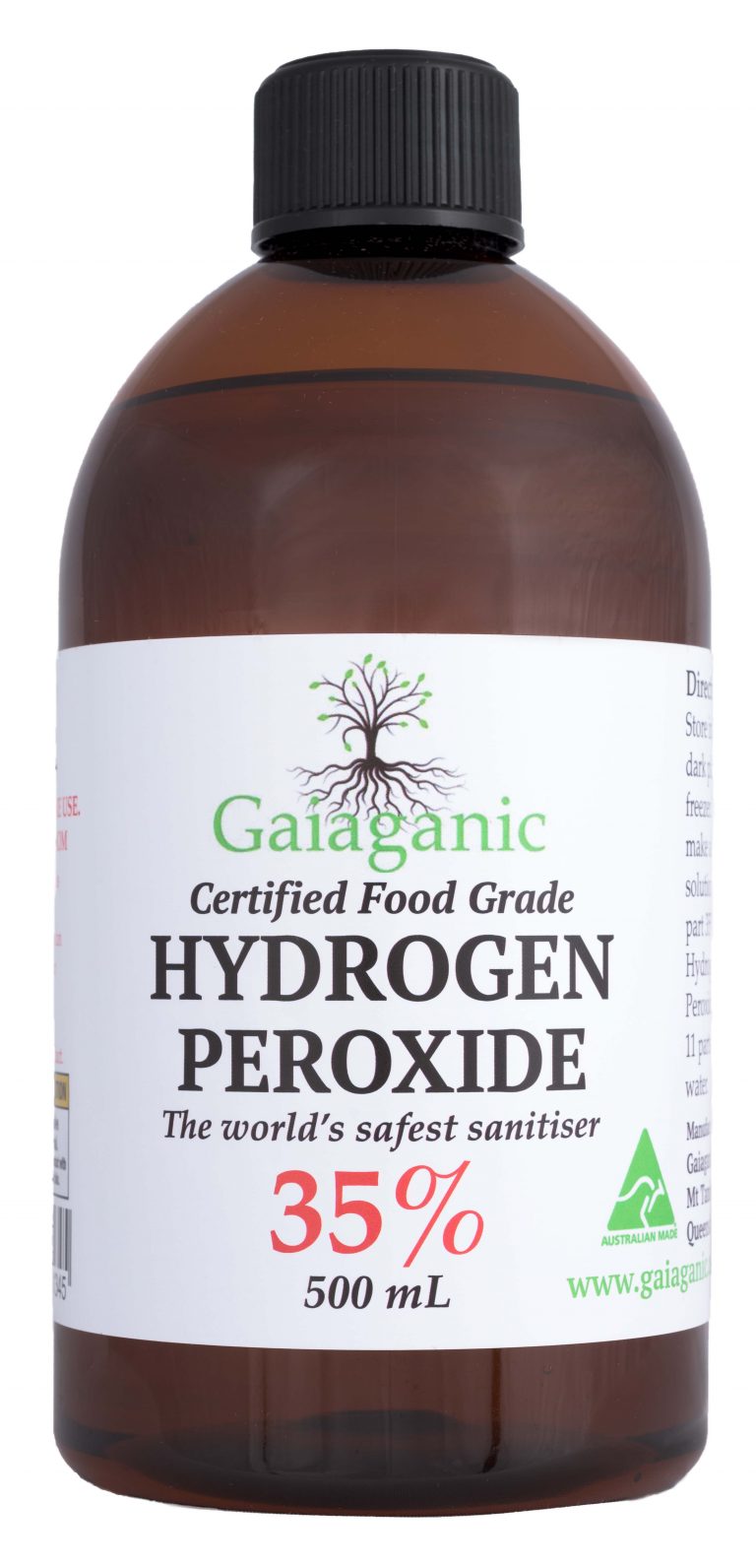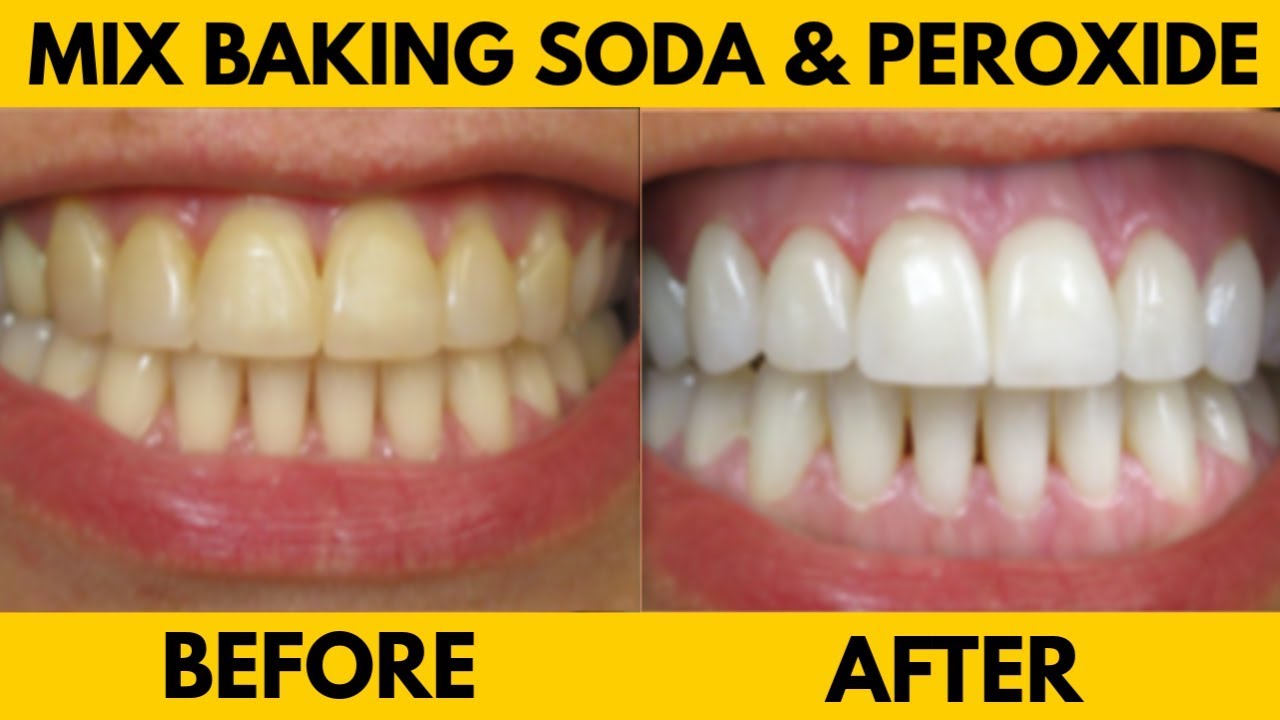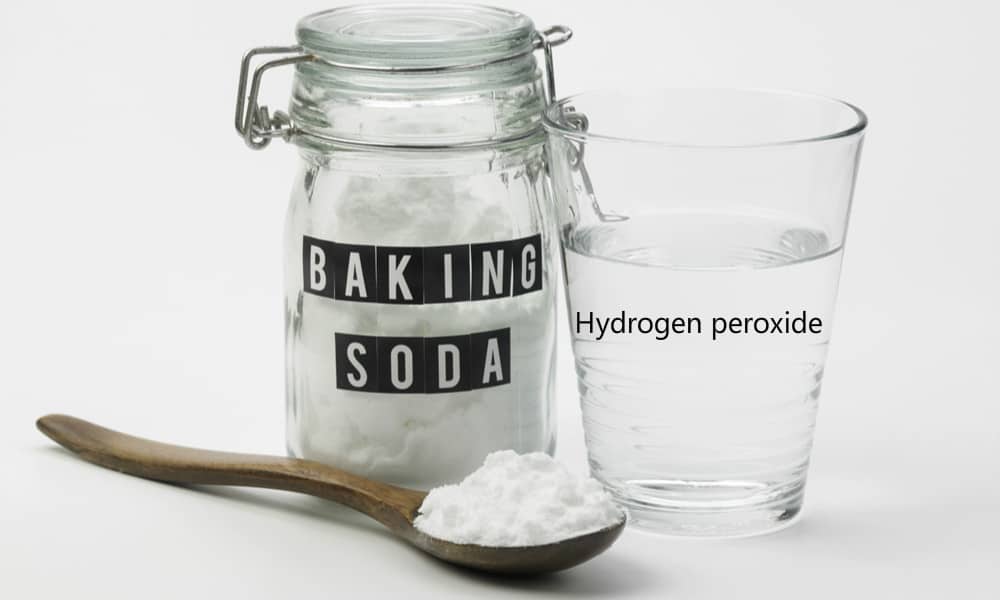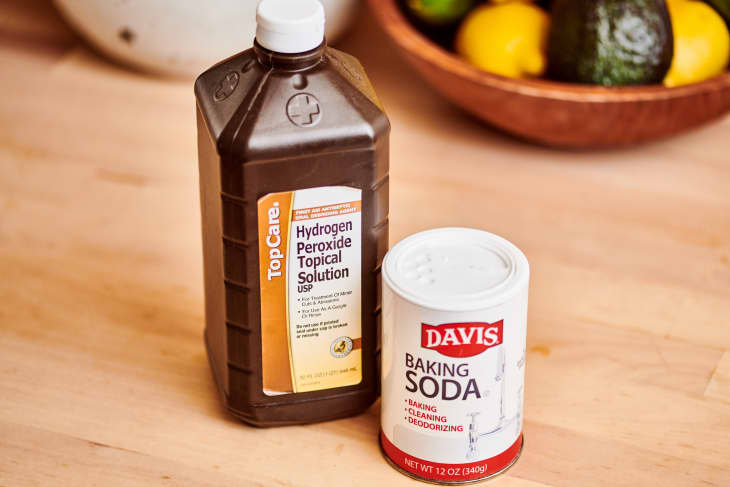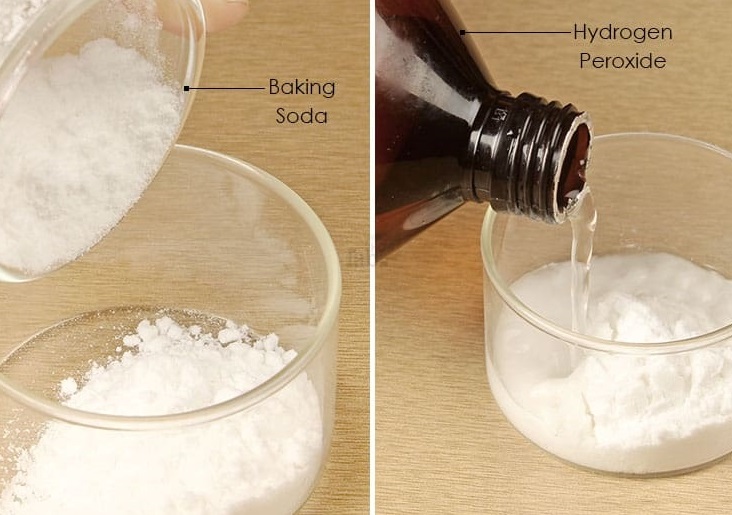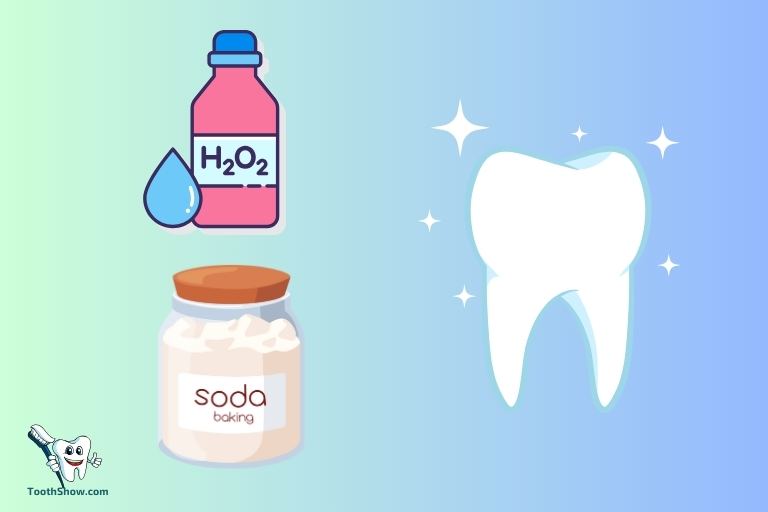If you're dealing with a clogged kitchen sink, one of the most effective home remedies is a combination of baking soda and vinegar. This powerful duo can dissolve and break down any build-up in your pipes, allowing water to flow freely again. To use this method, start by pouring a pot of boiling water down the drain to loosen any debris. Then, pour about a cup of baking soda down the drain, followed by a cup of white vinegar. The mixture will start to foam and bubble, which is a sign that it's working. Let it sit for about 10 minutes before flushing it with another pot of boiling water.1. Baking Soda and Vinegar
If your sink isn't completely clogged, but just draining slowly, simply pouring a pot of boiling water down the drain may do the trick. The heat from the water can help dissolve any grease or other build-up that may be causing the clog. This method may not work for more severe clogs, but it's a quick and easy fix for minor drainage issues. Just be careful not to pour boiling water down a porcelain sink, as it can cause the sink to crack.2. Boiling Water
Another simple and natural remedy for a clogged kitchen sink is a mixture of salt and hot water. The coarse texture of salt can help scrub away any residue in the pipes, while the hot water helps to melt and dissolve it. To use this method, pour half a cup of salt down the drain, followed by a pot of boiling water. Let it sit for a few minutes before running hot water down the drain to flush out any remaining debris.3. Salt and Hot Water
A plunger isn't just for unclogging toilets - it can also be used to clear a clogged kitchen sink. To use this method, make sure there is enough water in the sink to cover the rubber part of the plunger. Then, place the plunger over the drain and push down and pull up several times to create suction. This can help dislodge any blockages in the pipes. For better suction, you can use petroleum jelly to create a seal between the plunger and the sink. Just be sure to clean the plunger thoroughly before using it again.4. Plunger
If you have a grease clog in your kitchen sink, dish soap and hot water can be a simple and effective solution. The soap helps to break down the grease, allowing it to flow down the drain more easily. To use this method, squirt a generous amount of dish soap down the drain and then pour a pot of boiling water on top. Let it sit for a few minutes before flushing it with hot water.5. Dish Soap and Hot Water
If you suspect that the clog in your kitchen sink is caused by a solid object, like a piece of food or a utensil, a wire hanger may be able to help. Straighten out the hanger and create a small hook at one end. Then, carefully insert the hanger into the drain and use the hook to try and grab onto the object and pull it out. Be gentle when using this method to avoid damaging your pipes. If you can't reach the object or it seems to be stuck, it's best to call a professional plumber.6. Wire Hanger
If you have a wet and dry vacuum, you can use it to suck out any debris causing the clog in your kitchen sink. Just be sure to switch the vacuum to the wet setting and cover the top of the drain with a cloth or towel to create a seal. Then, turn on the vacuum and let it run for a few minutes to see if it pulls out any debris. This method may not work for all types of clogs, but it's worth a try before calling a plumber.7. Wet and Dry Vacuum
If other methods have failed, you can try using caustic soda to dissolve stubborn clogs in your kitchen sink. This chemical compound can be found at most hardware stores, but it's important to follow safety precautions and use it carefully. To use this method, mix a cup of caustic soda with three cups of cold water in a bucket. Pour the mixture down the drain and let it sit for 20-30 minutes. Then, flush it with hot water to clear out the clog.8. Caustic Soda
If you prefer a more natural option for clearing clogged kitchen sinks, enzyme drain cleaner may be a good choice. Enzymes are natural compounds that can break down organic matter, making them a safe and effective solution for clogs caused by food or grease. Simply pour the recommended amount of enzyme drain cleaner down the drain and let it sit for a few hours or overnight. Then, flush it with hot water to clear out the clog. This method may take longer than others, but it's a gentle and eco-friendly option.9. Enzyme Drain Cleaner
For a more powerful clog-clearing solution, you can combine hydrogen peroxide and baking soda. This mixture creates a foaming reaction that can help dissolve even the toughest clogs in your kitchen sink. To use this method, mix half a cup of hydrogen peroxide with half a cup of baking soda in a bowl. Pour the mixture down the drain and let it sit for about an hour. Then, flush it with hot water to clear out the clog. With these 10 home remedies, you can easily clear a clogged kitchen sink without having to call a plumber. Just remember to always use caution and follow safety precautions when working with chemicals or tools. If the clog persists or seems to be caused by a more serious issue, it's best to seek professional help. A clear and functioning kitchen sink makes cooking and cleaning much easier, so don't hesitate to try these remedies for a quick and easy fix.10. Hydrogen Peroxide and Baking Soda
The Importance of a Functional Kitchen Sink

Efficiency and Aesthetics in Kitchen Design
 When it comes to designing a house, the kitchen is often considered the heart of the home. It is a place where meals are prepared, memories are made, and families come together. As such, it is important to have a functional and visually appealing kitchen space. One of the key components of a functional kitchen is a properly working sink. A clogged kitchen sink can cause inconvenience, mess, and even damage to your home. Therefore, it is crucial to address clogs as soon as they arise. In this article, we will discuss a simple and effective
home remedy
for a
clogged kitchen sink
, allowing you to maintain an efficient and aesthetically pleasing kitchen.
When it comes to designing a house, the kitchen is often considered the heart of the home. It is a place where meals are prepared, memories are made, and families come together. As such, it is important to have a functional and visually appealing kitchen space. One of the key components of a functional kitchen is a properly working sink. A clogged kitchen sink can cause inconvenience, mess, and even damage to your home. Therefore, it is crucial to address clogs as soon as they arise. In this article, we will discuss a simple and effective
home remedy
for a
clogged kitchen sink
, allowing you to maintain an efficient and aesthetically pleasing kitchen.
The Culprits of a Clogged Kitchen Sink
 Before we dive into the
home remedy
, it is important to understand what causes a clogged kitchen sink. The most common culprit is food particles and grease that get stuck in the pipes. Over time, these particles can build up and create a blockage. Another common cause is pouring oil or grease down the sink, which can solidify and block the pipes. Additionally, items such as coffee grounds, eggshells, and vegetable peels should never be washed down the sink as they can also contribute to clogs. Knowing what causes a clogged kitchen sink can help prevent future issues.
Before we dive into the
home remedy
, it is important to understand what causes a clogged kitchen sink. The most common culprit is food particles and grease that get stuck in the pipes. Over time, these particles can build up and create a blockage. Another common cause is pouring oil or grease down the sink, which can solidify and block the pipes. Additionally, items such as coffee grounds, eggshells, and vegetable peels should never be washed down the sink as they can also contribute to clogs. Knowing what causes a clogged kitchen sink can help prevent future issues.
The Home Remedy for a Clogged Kitchen Sink
 Now that we understand the causes of a clogged kitchen sink, let's discuss the
home remedy
to unclog it. One of the easiest and most effective methods is using a mixture of
baking soda and vinegar
. Start by pouring a pot of boiling water down the sink to help loosen any debris. Next, pour ½ cup of
baking soda
down the drain, followed by ½ cup of
vinegar
. Let this mixture sit for about 15 minutes, then pour another pot of boiling water down the drain. The chemical reaction between the baking soda and vinegar will help break down and loosen any clogs. This method is not only effective but also environmentally friendly.
Now that we understand the causes of a clogged kitchen sink, let's discuss the
home remedy
to unclog it. One of the easiest and most effective methods is using a mixture of
baking soda and vinegar
. Start by pouring a pot of boiling water down the sink to help loosen any debris. Next, pour ½ cup of
baking soda
down the drain, followed by ½ cup of
vinegar
. Let this mixture sit for about 15 minutes, then pour another pot of boiling water down the drain. The chemical reaction between the baking soda and vinegar will help break down and loosen any clogs. This method is not only effective but also environmentally friendly.
Maintaining a Functional and Visually Appealing Kitchen
 In addition to using a
home remedy
for a clogged kitchen sink, it is important to maintain a clean and well-functioning sink. Regularly clearing out food particles and using a drain strainer can help prevent clogs. It is also important to properly dispose of cooking oil and grease by pouring it into a container and throwing it in the trash. By following these simple steps, you can maintain a functional and visually appealing kitchen.
In conclusion, a clogged kitchen sink can cause inconvenience and damage to your home. By understanding the causes and using a simple
home remedy
such as baking soda and vinegar, you can easily unclog your sink and maintain a functional and aesthetically pleasing kitchen space. Remember to also take preventative measures to avoid future clogs. With these tips, you can ensure that your kitchen sink stays clear and your kitchen remains the heart of your home.
In addition to using a
home remedy
for a clogged kitchen sink, it is important to maintain a clean and well-functioning sink. Regularly clearing out food particles and using a drain strainer can help prevent clogs. It is also important to properly dispose of cooking oil and grease by pouring it into a container and throwing it in the trash. By following these simple steps, you can maintain a functional and visually appealing kitchen.
In conclusion, a clogged kitchen sink can cause inconvenience and damage to your home. By understanding the causes and using a simple
home remedy
such as baking soda and vinegar, you can easily unclog your sink and maintain a functional and aesthetically pleasing kitchen space. Remember to also take preventative measures to avoid future clogs. With these tips, you can ensure that your kitchen sink stays clear and your kitchen remains the heart of your home.



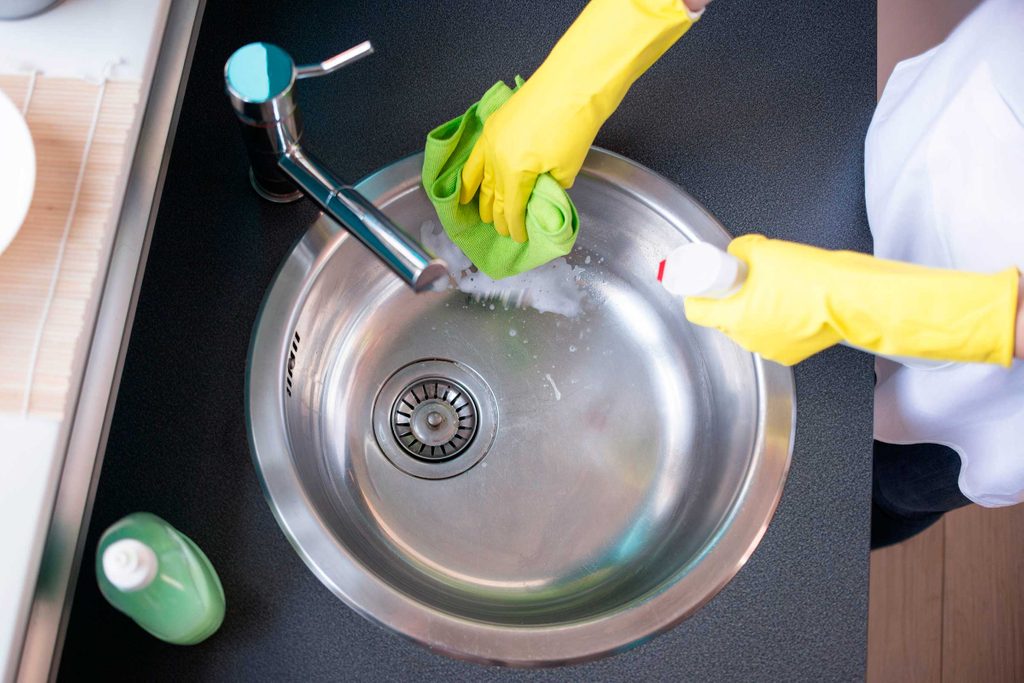
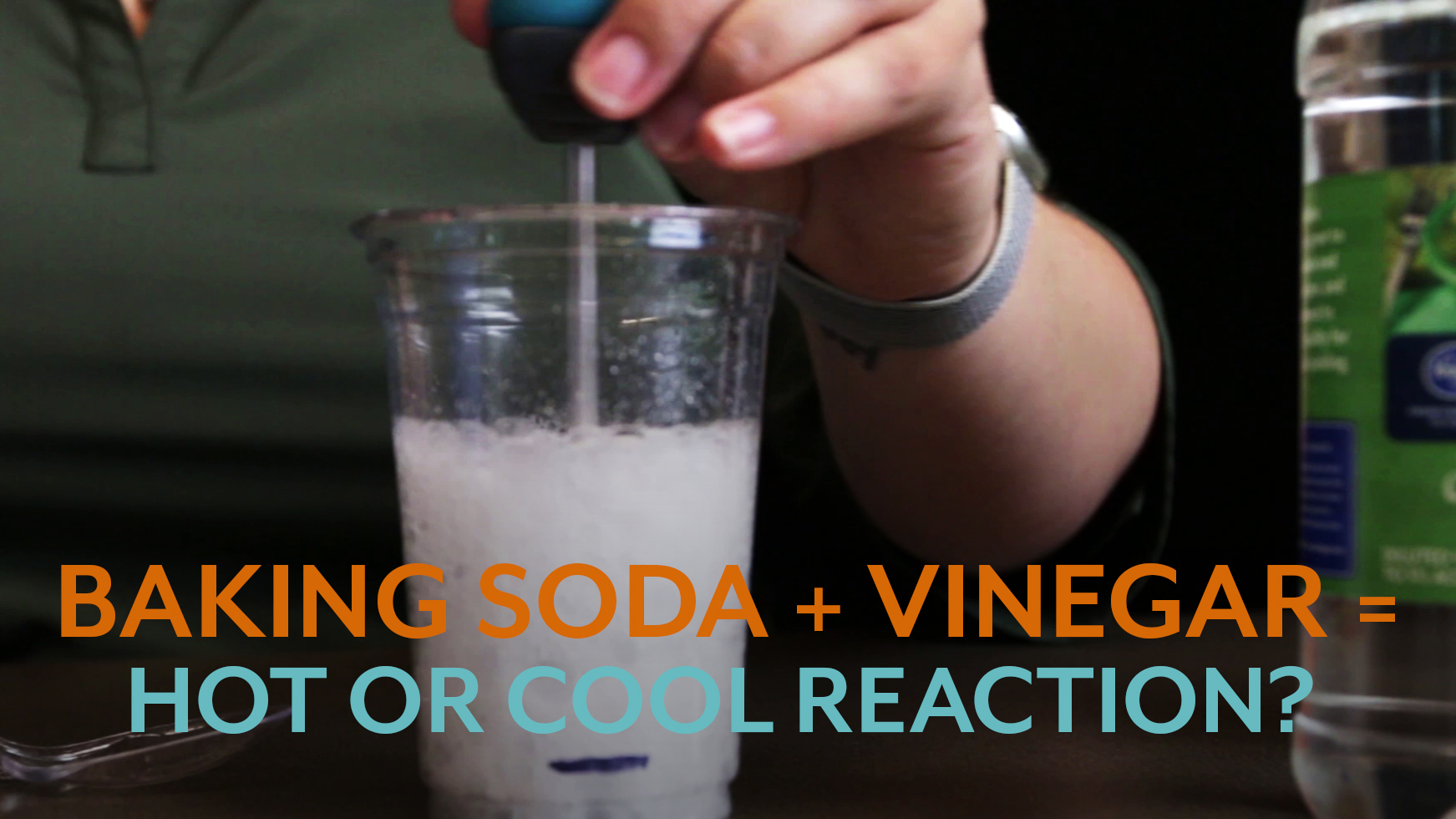


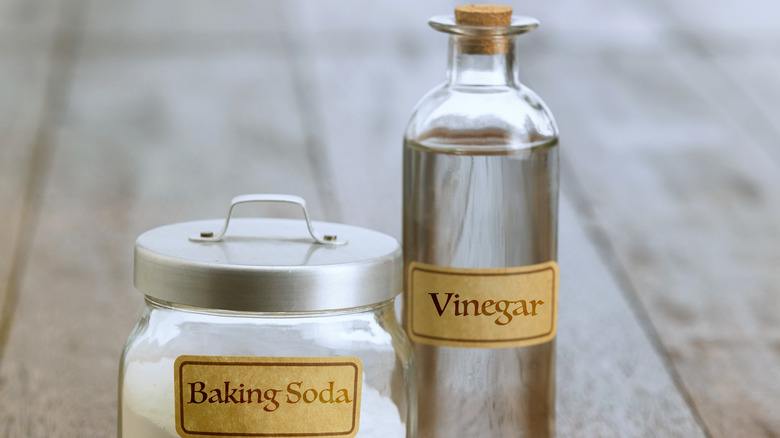

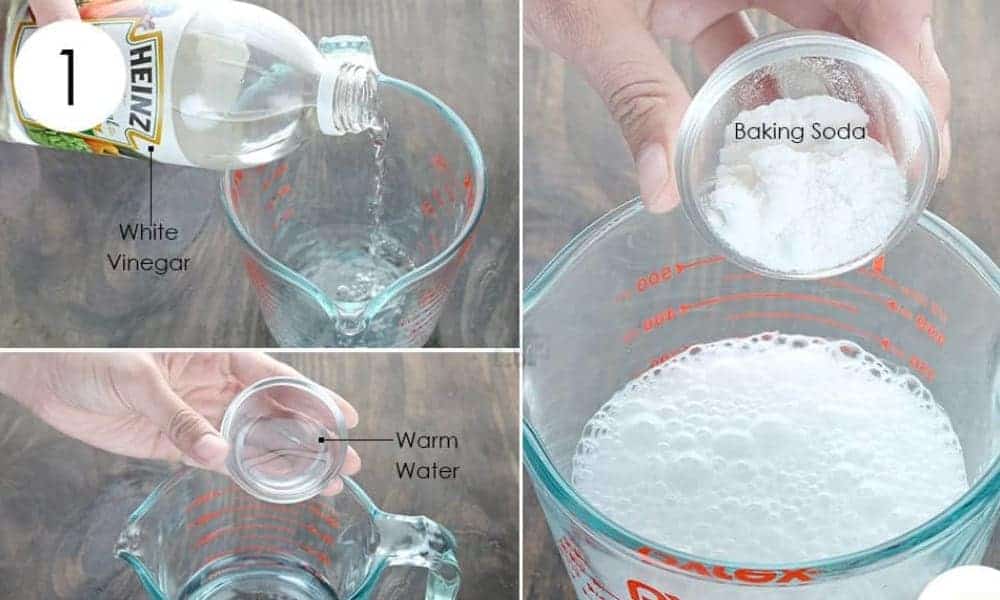

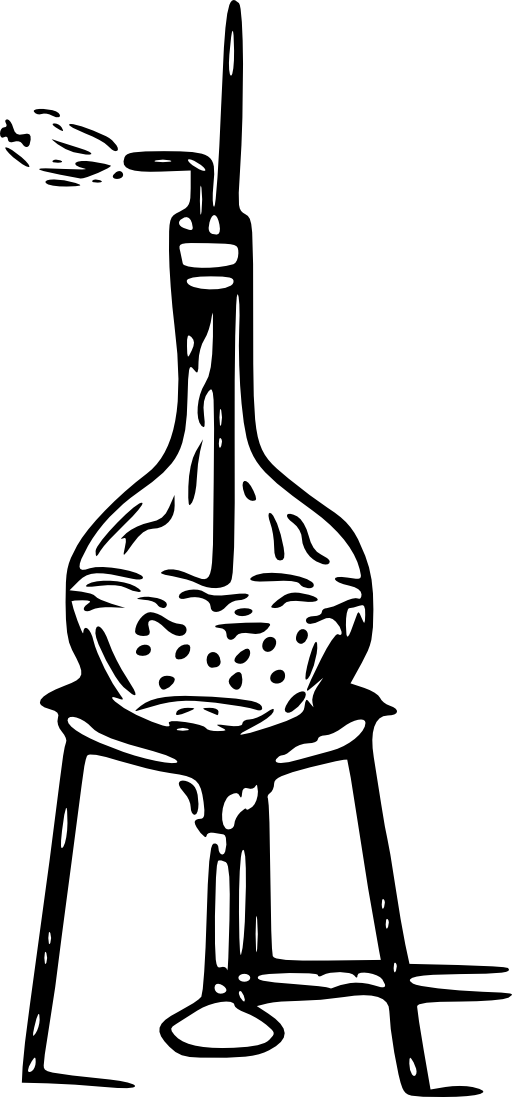

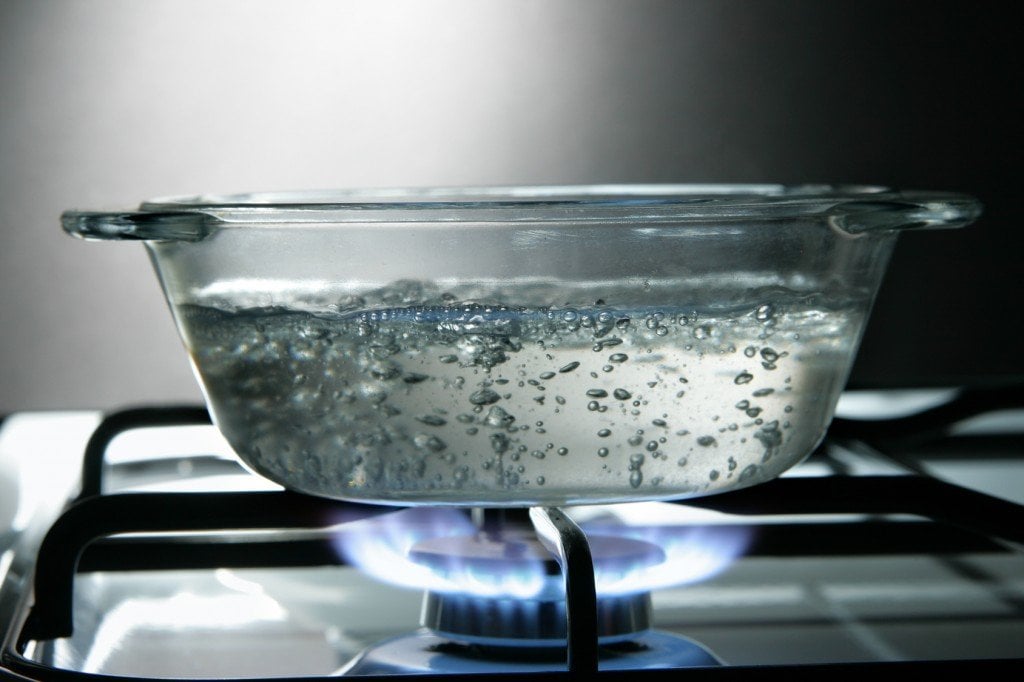
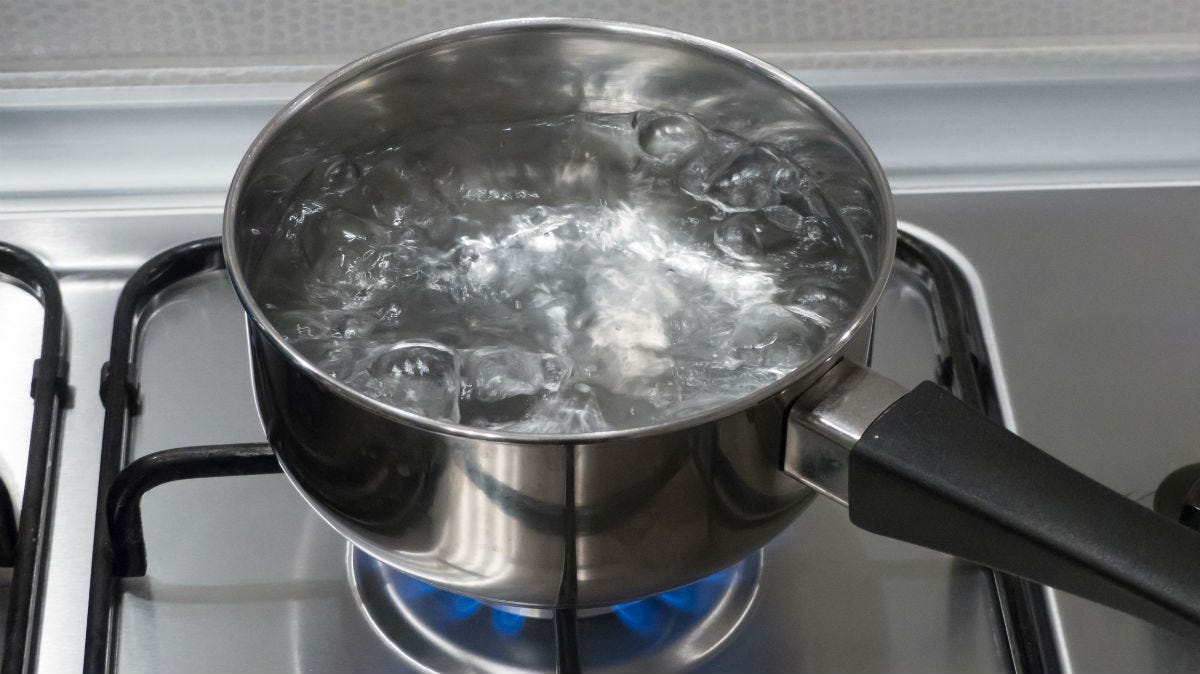


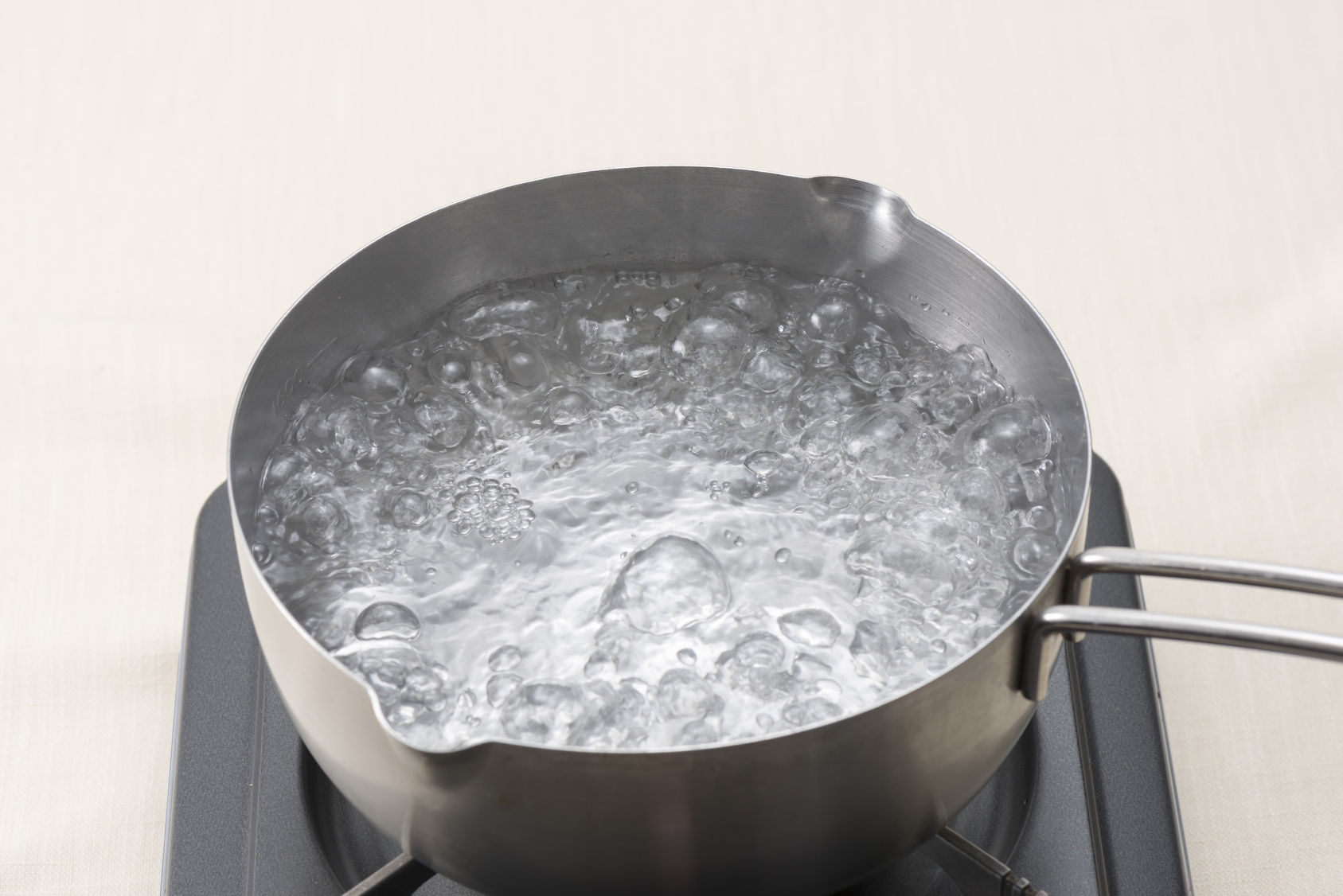
/boiling-water-on-gas-stove-143735234-5790aeb35f9b584d2005e949.jpg)
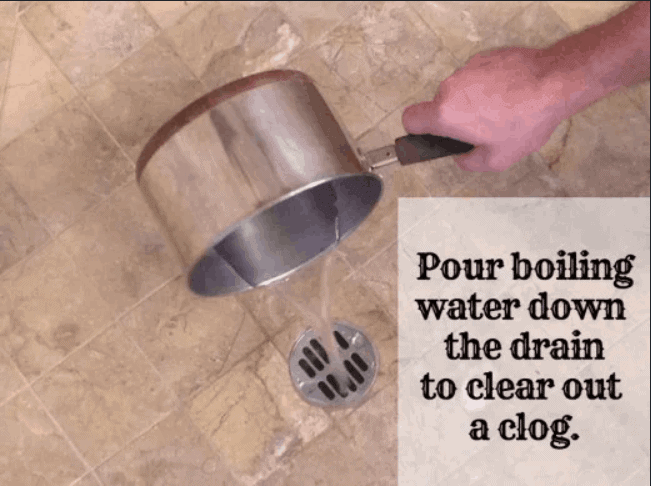

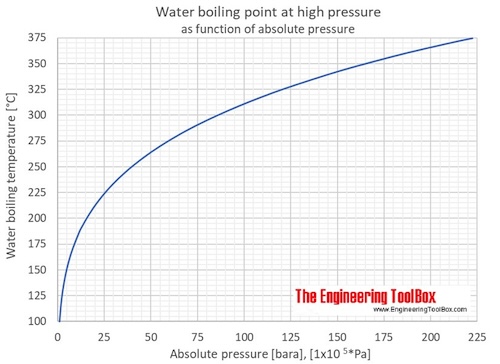




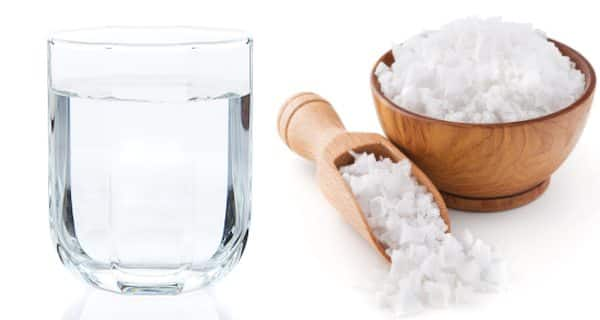






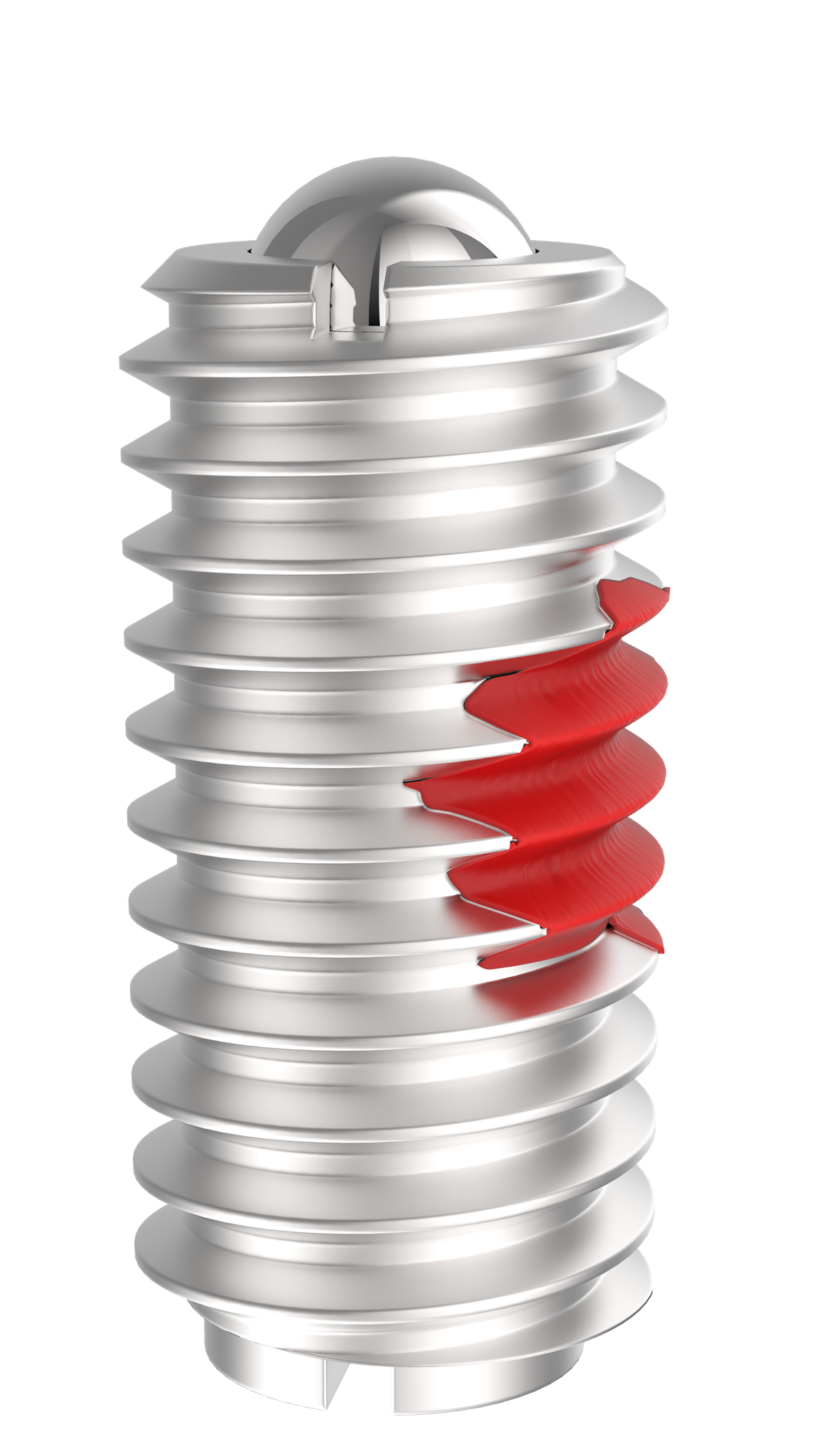

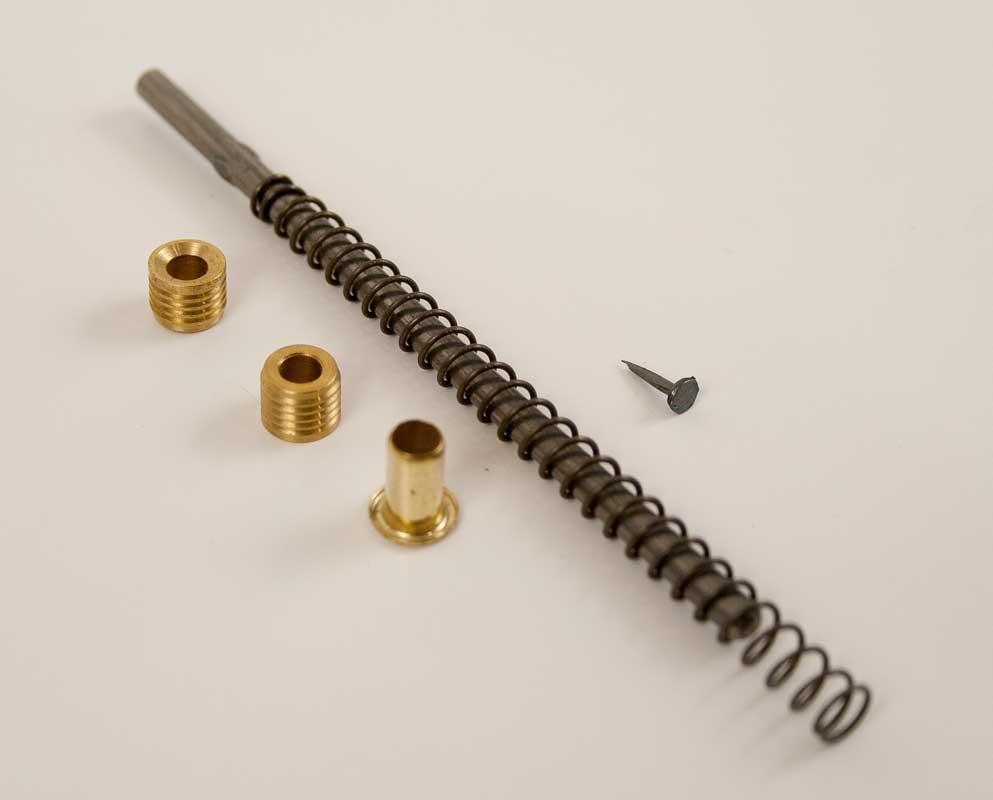



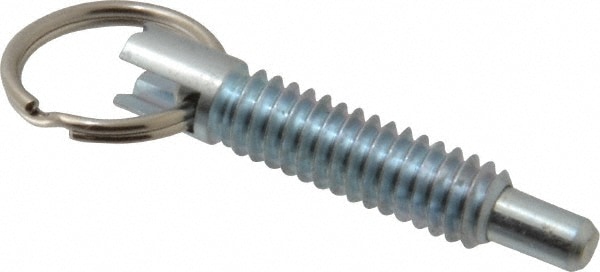

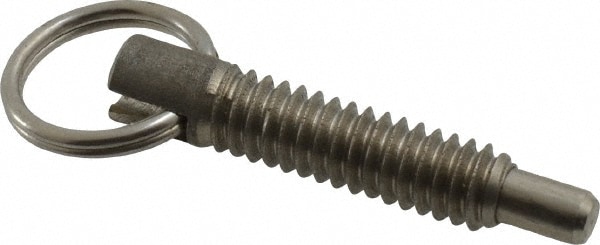



/GettyImages-80566571-5a1ca234aad52b00373338ff.jpg)
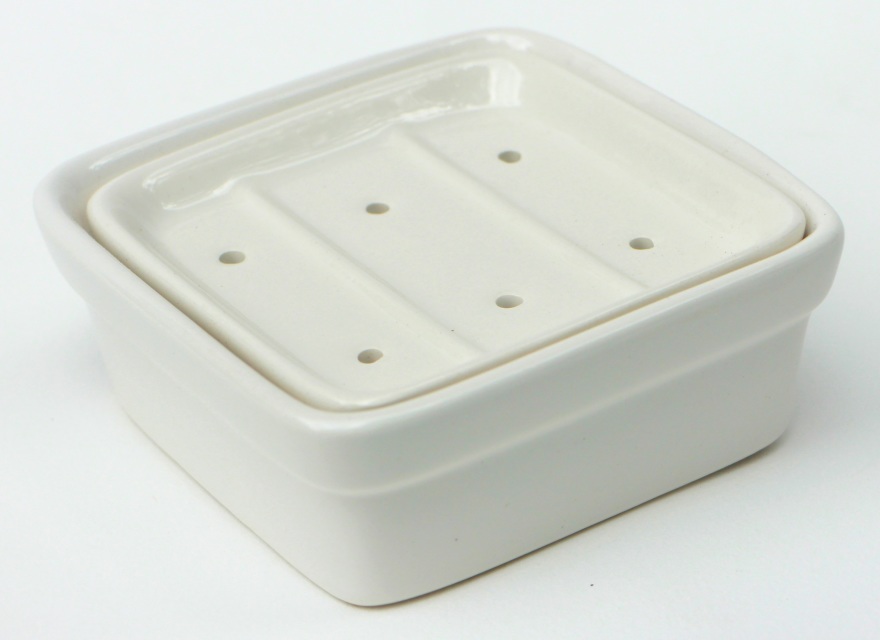


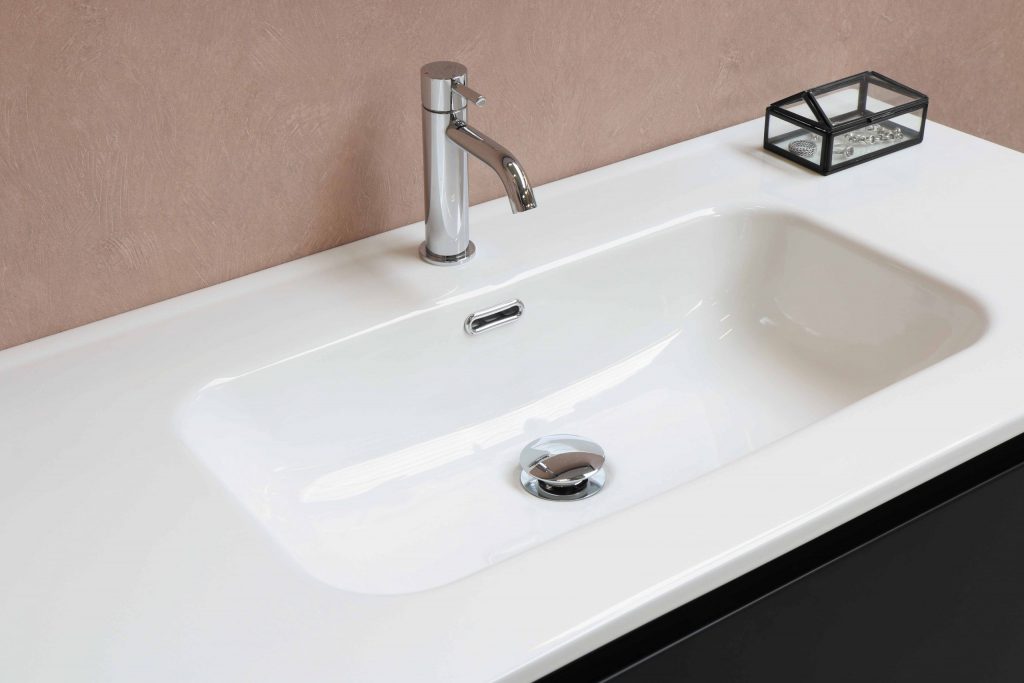
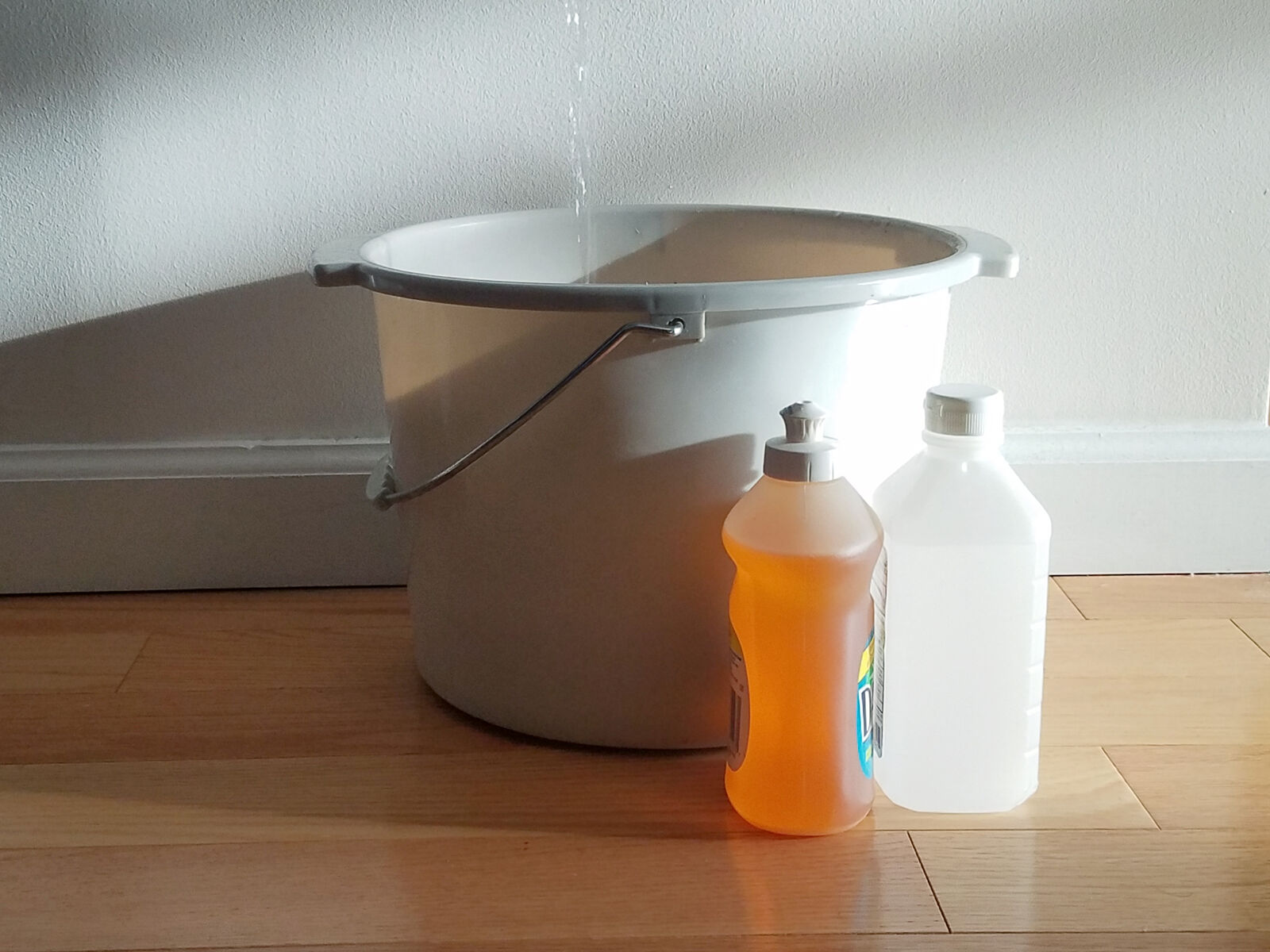
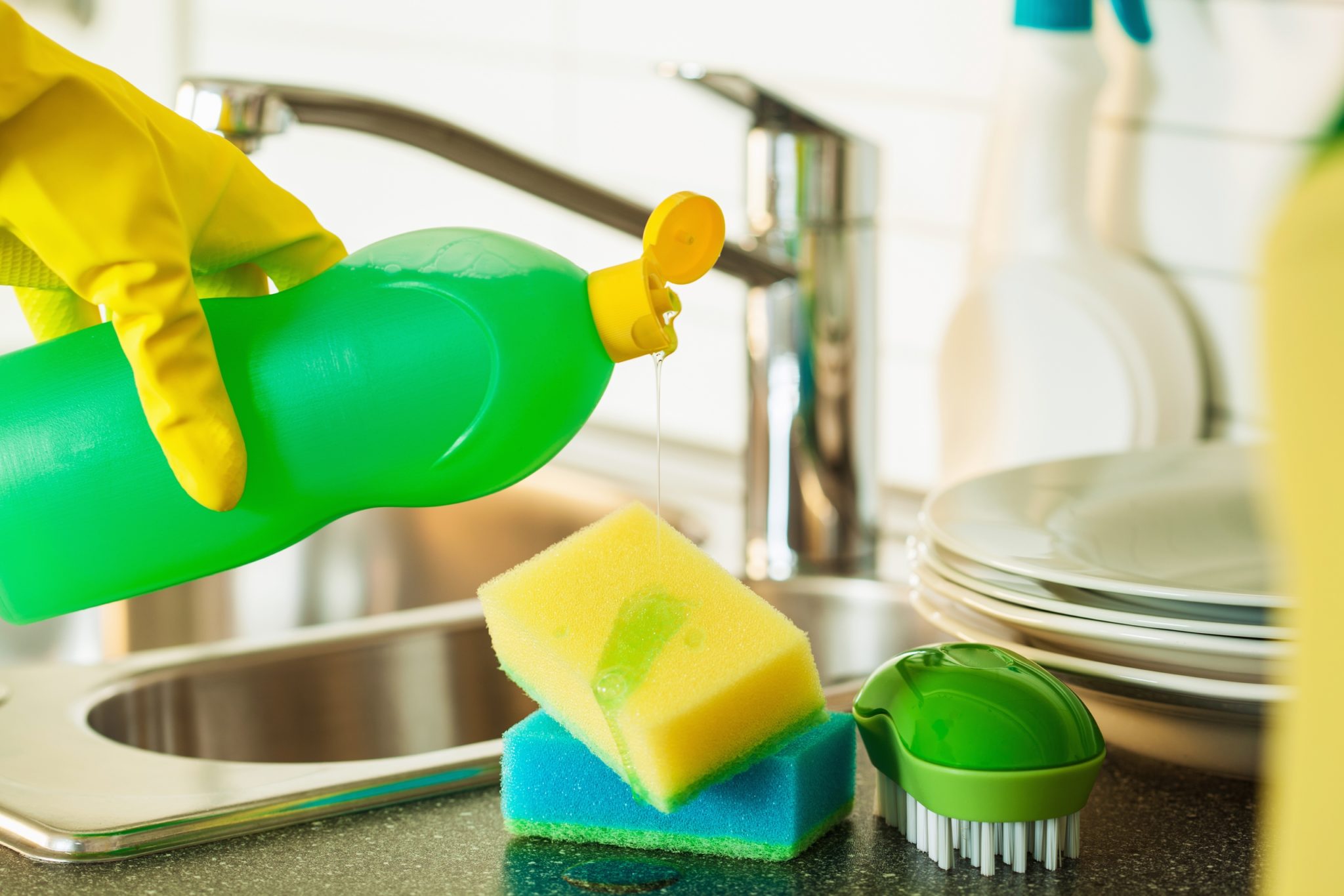
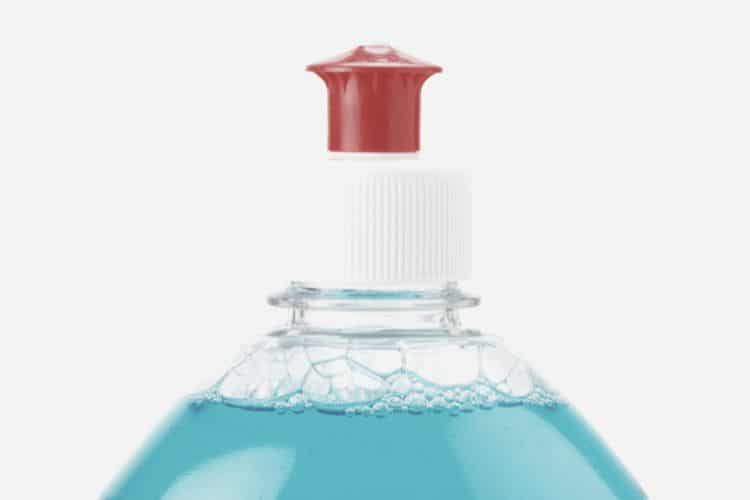

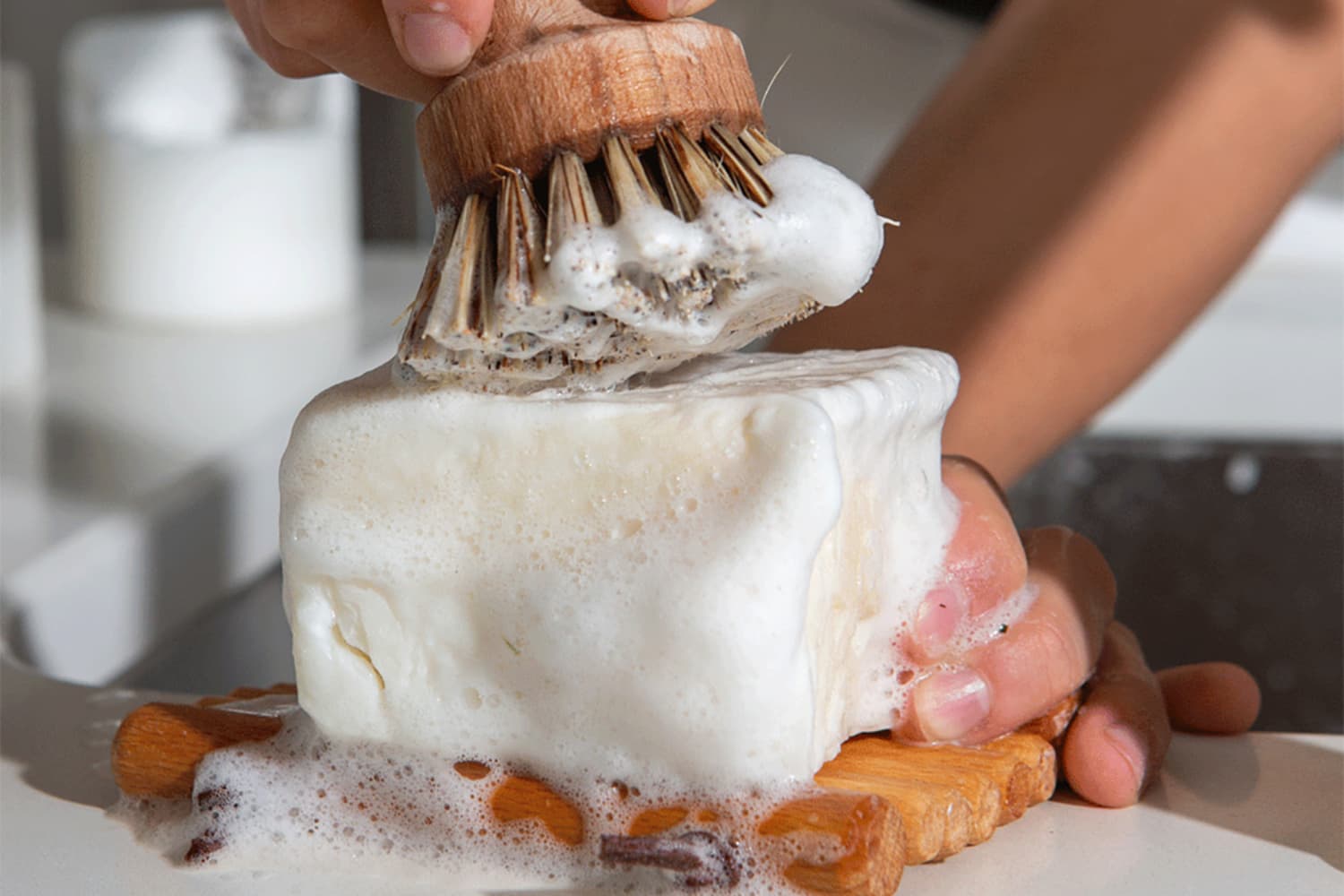


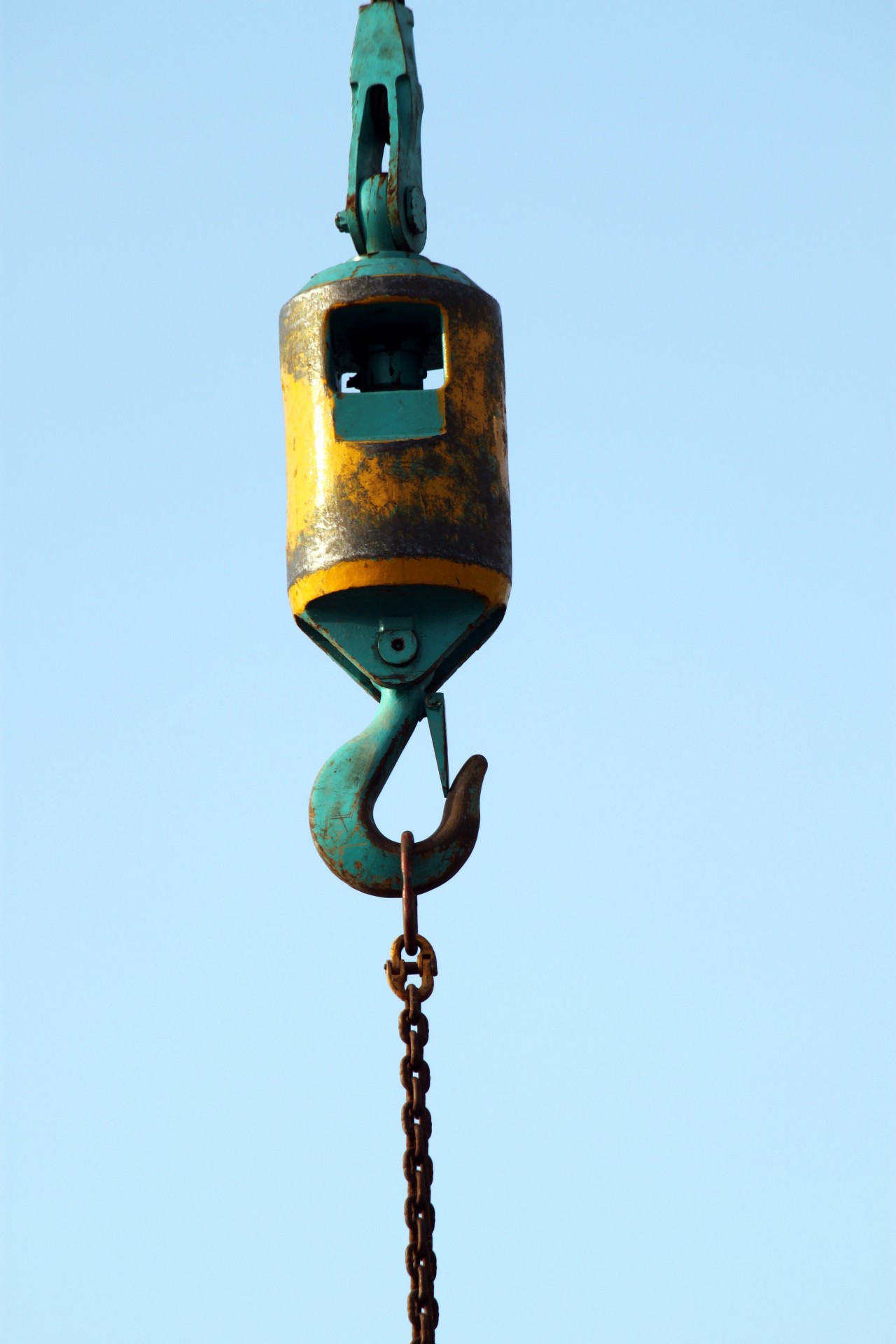
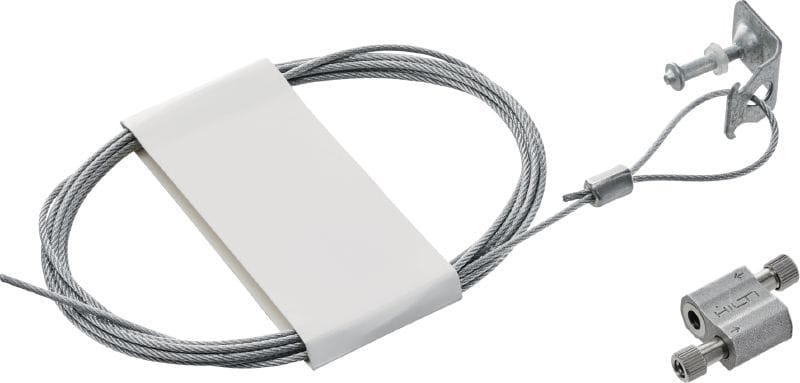
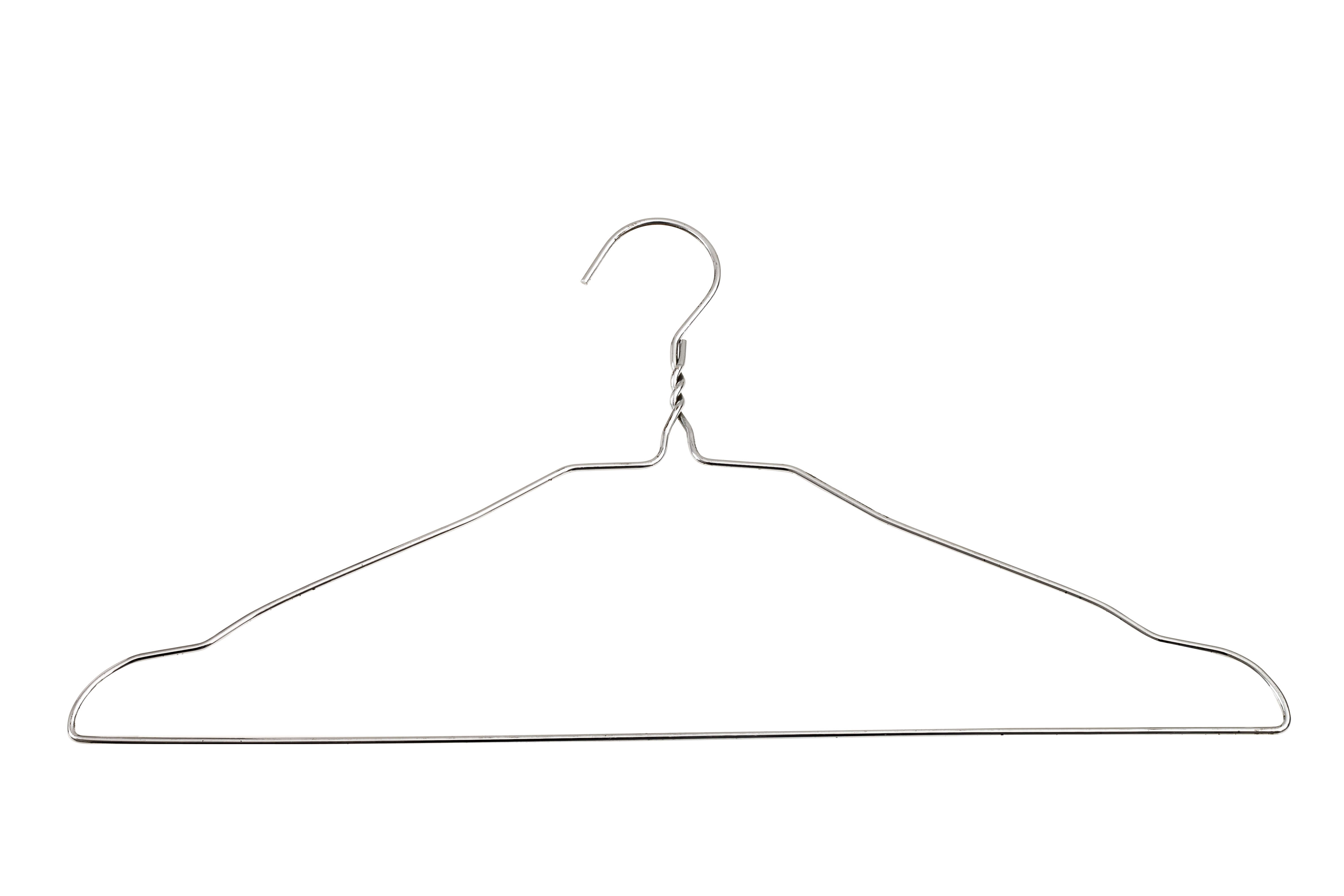

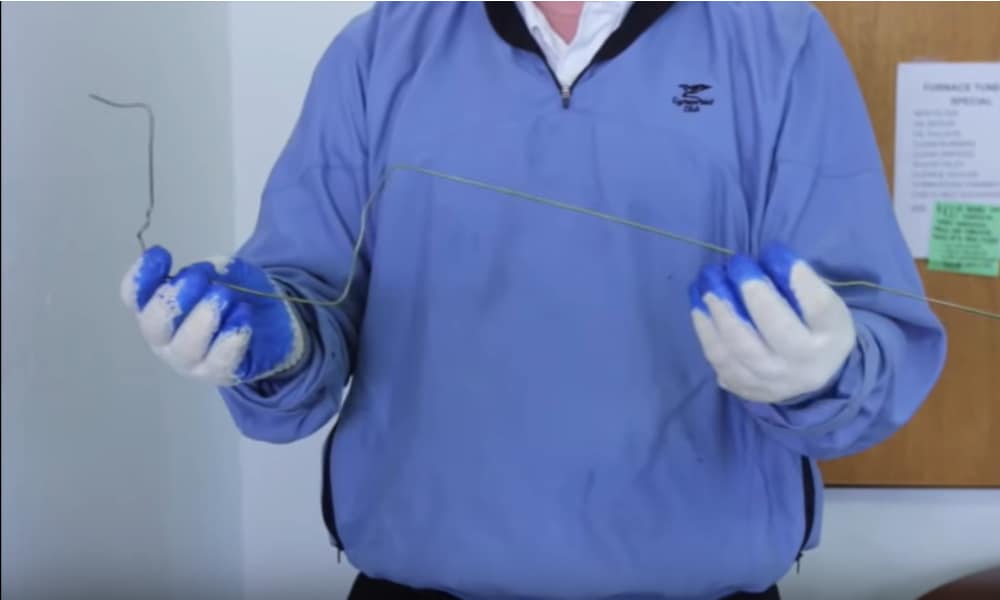





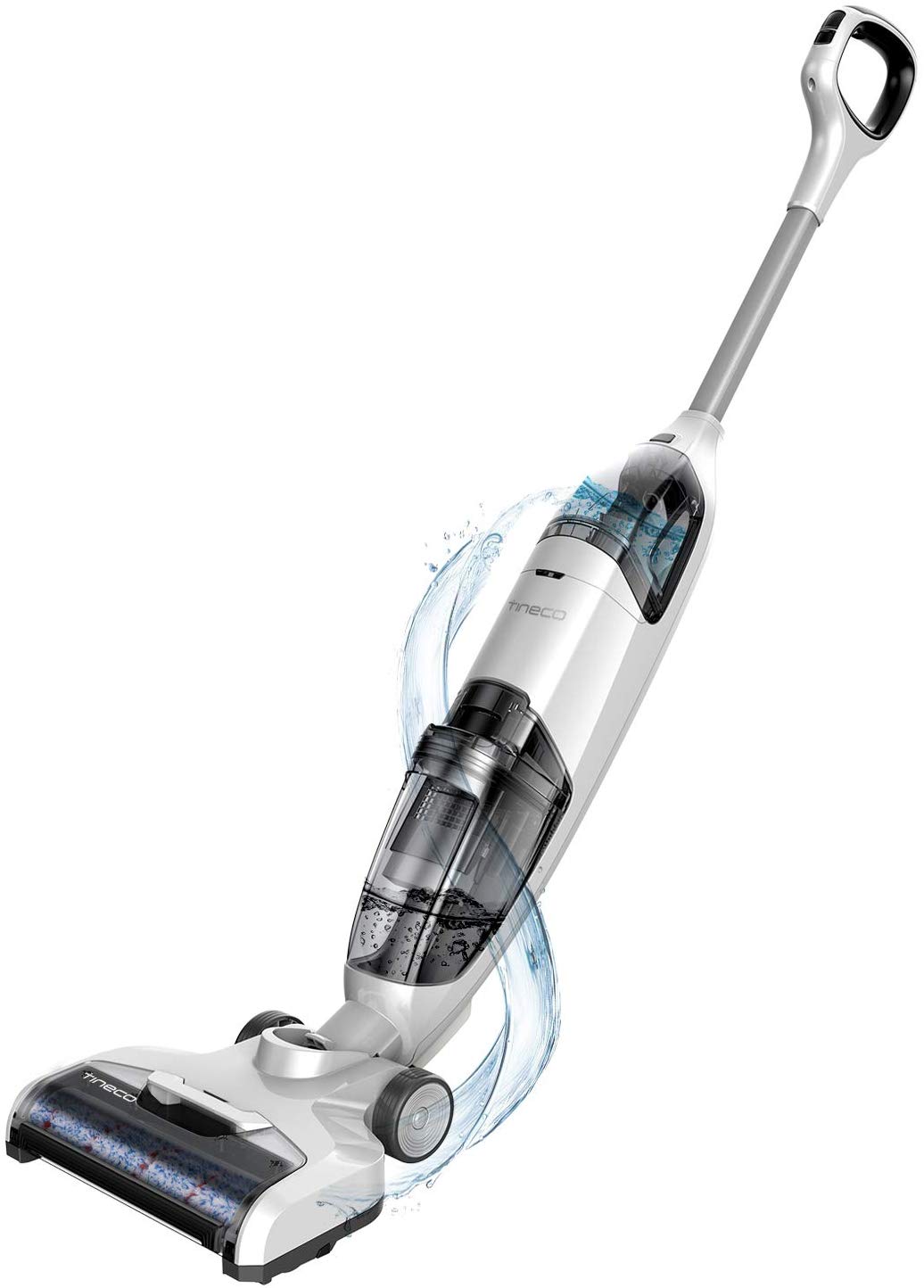

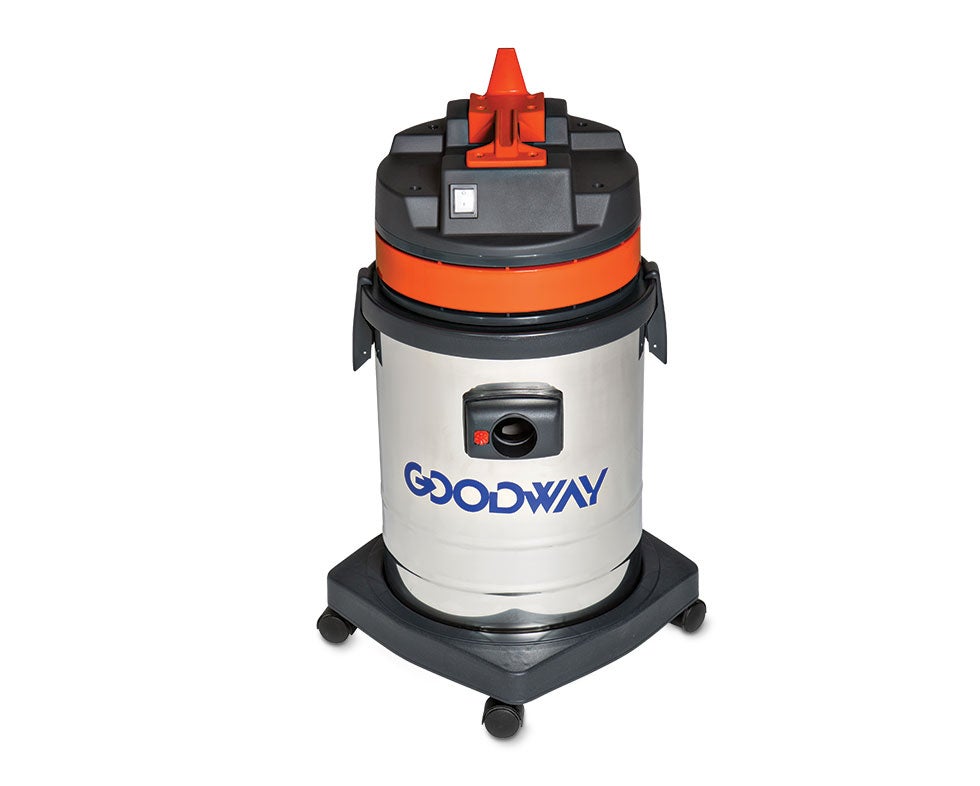

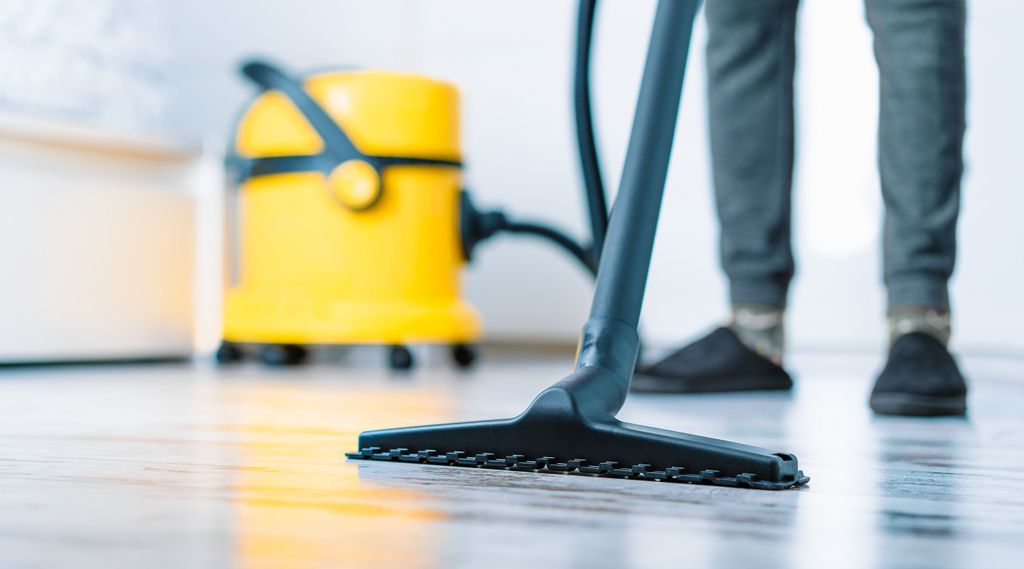
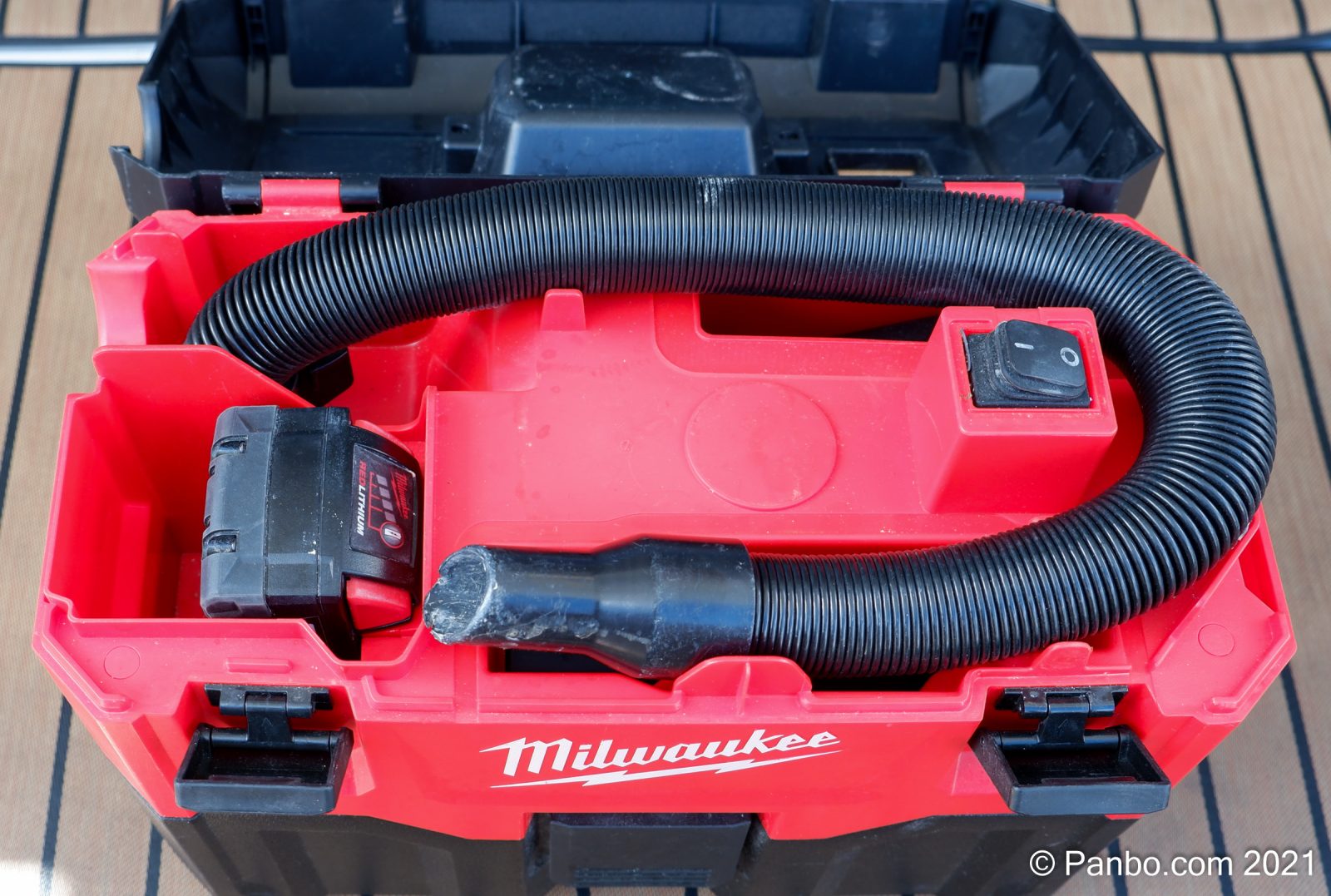







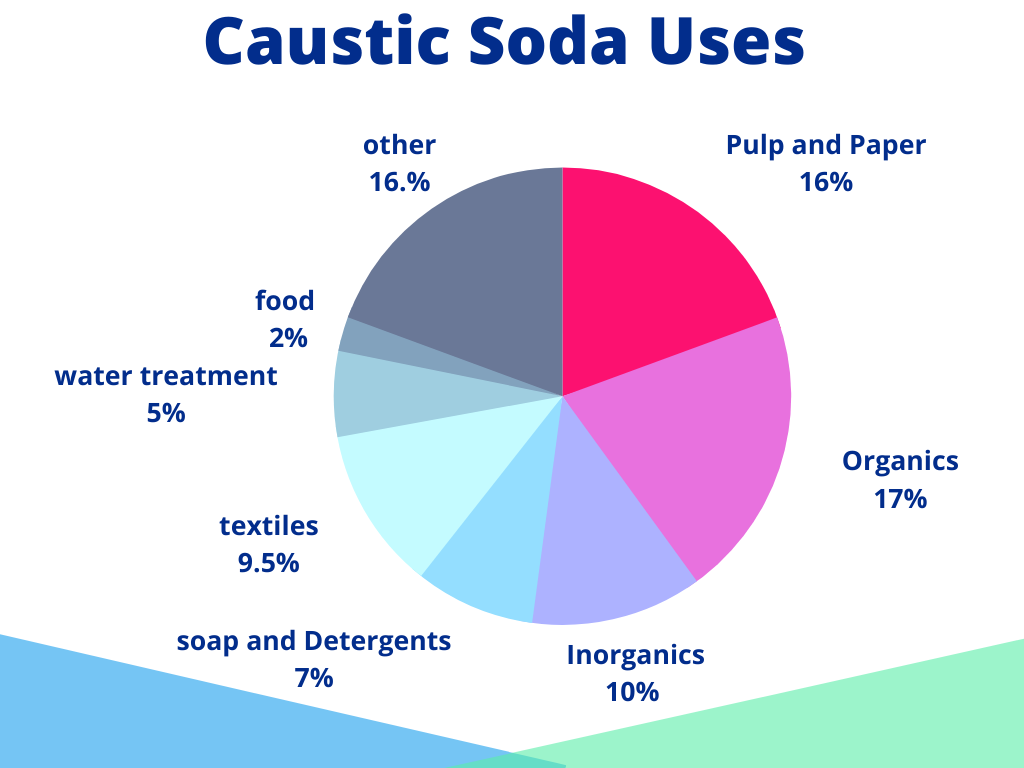

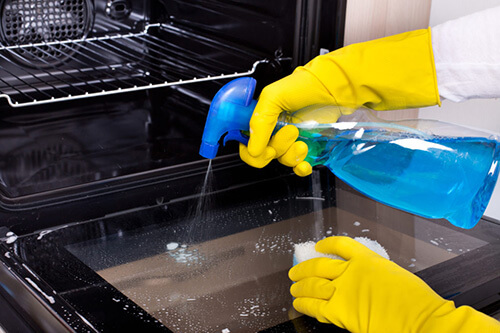
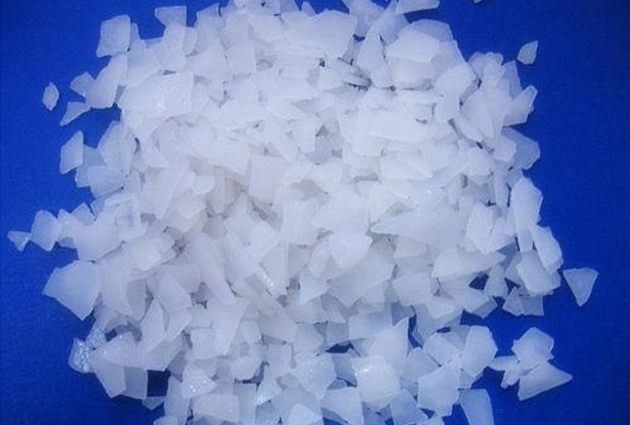



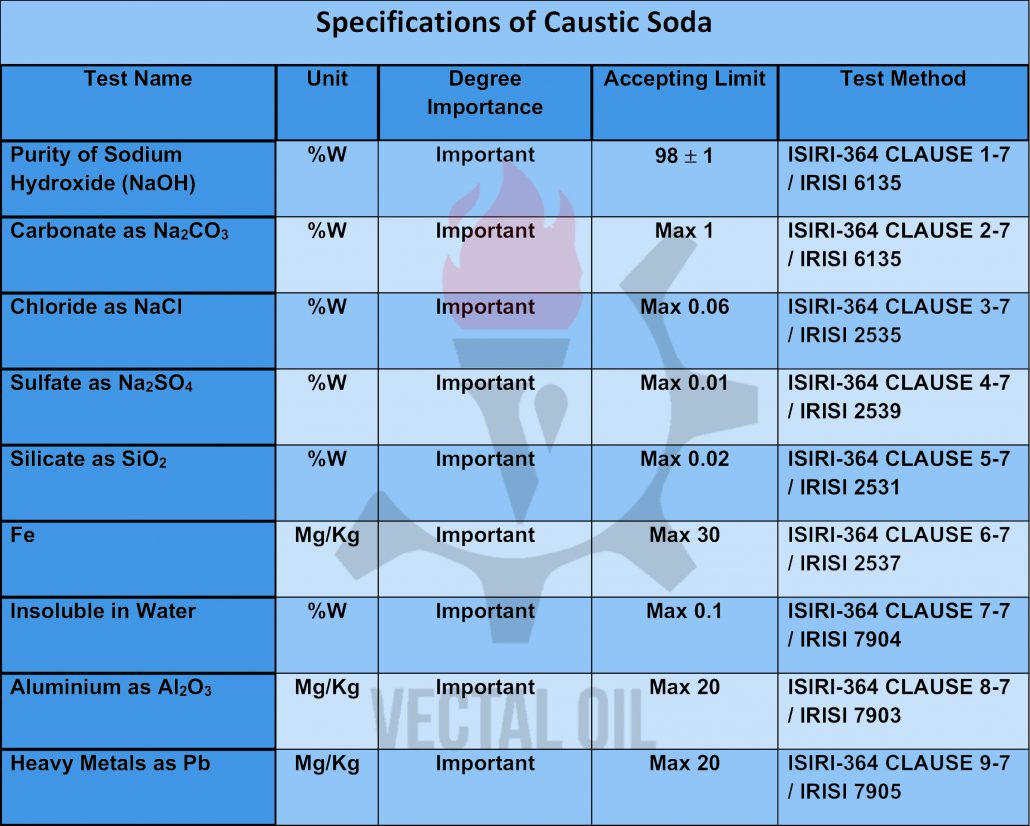
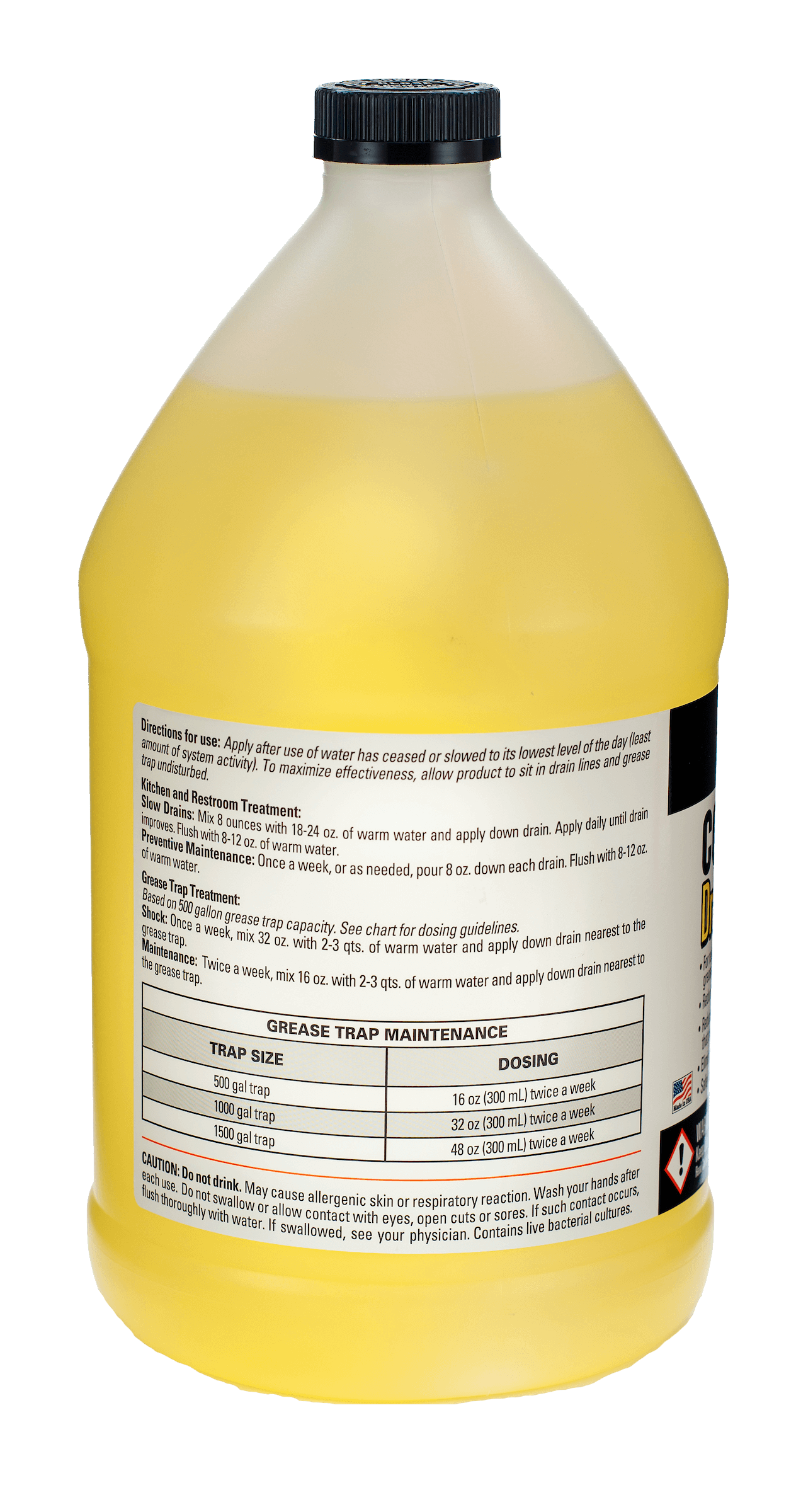




/GreenGobblerRefresh32oz-5bc63b0d4cedfd00266e4611.jpg)






